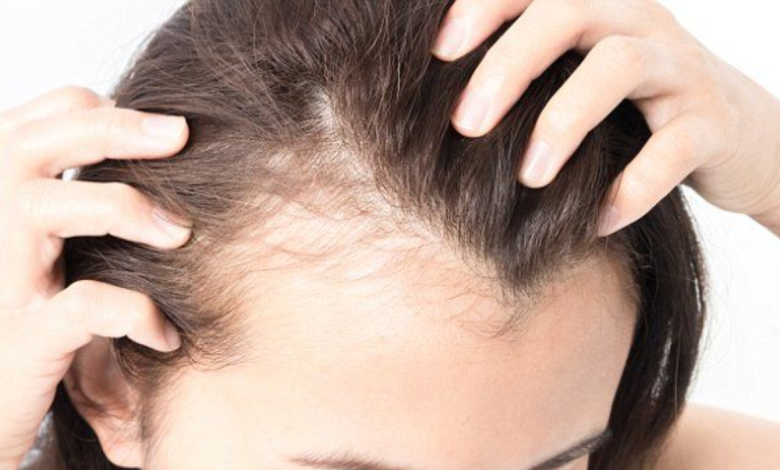5 natural ways to reduce scalp inflammation

Home remedies may be your last resort now!
An itchy, irritated scalp can be quite bothersome. Sadly, for some people, it’s a constant struggle. Dandruff, eczema, and buildup of dirt are common culprits. If you’ve tried countless serums, shampoos, and conditioners with no real relief, then natural remedies might be the only solution left. These gentle alternatives provide comfort without the need for long-term treatments.
Apple cider vinegar
Apple cider vinegar has long been used as a natural remedy for different health concerns, and it works surprisingly well for scalp irritation. Thanks to its antimicrobial and antioxidant properties, it helps fight bacteria, dirt, and buildup. For best results, mix 2 tablespoons of apple cider vinegar with a glass of water and spray it on your scalp twice a week. Leave it on for 30 minutes before rinsing.
Aloe vera gel
Famous for its calming and anti-inflammatory effects, aloe vera is a great solution for a dry and inflamed scalp. Make sure to choose a pure, fragrance-free aloe vera gel, as additives in commercial products may cause irritation. Apply it as a mask to your scalp, leave it on for 30 minutes, then rinse with a sulfate-free shampoo and conditioner.
Coconut oil
Coconut oil is highly effective for itchy, irritated scalps thanks to its antibacterial and antifungal qualities. It also contains lauric acid, a natural fatty acid that makes up about half of coconut’s composition. This allows the oil to absorb easily into the skin, offering soothing relief. Massage coconut oil into your scalp twice a week to notice improvements.
Red onion and black seed oil
For scalp itchiness and inflammation, a mix of red onion and black seed oil can be a great option. Red onion contains antifungal compounds that protect against scalp infections and is rich in sulfur, which helps prevent split ends, thinning, and breakage. Black seed oil supports scalp health, promotes hair growth, and strengthens strands. Together, they work effectively for most hair types.
Castor oil
Instead of store-bought castor oil, make your own using castor seeds and a carrier oil, and massage it into your scalp twice a week. Castor oil deeply hydrates the scalp and hair while boosting circulation, ensuring that hair follicles receive enough nutrients and oxygen. Rich in antioxidants, it also shields the scalp from oxidative damage, helping to calm irritation.
HiCelebNews online magazine publishes interesting content every day in the Hair section of the Fashion & Beauty category. Follow us to read the latest news.





